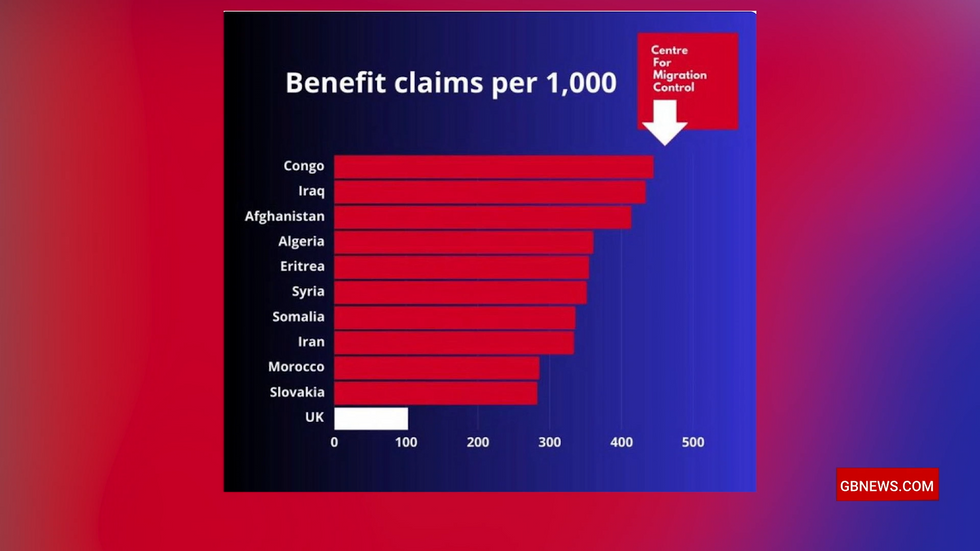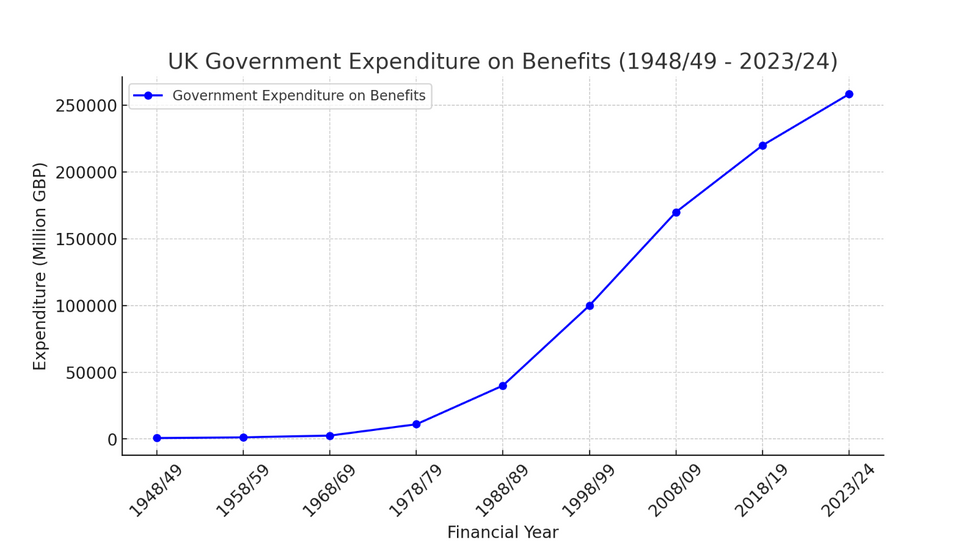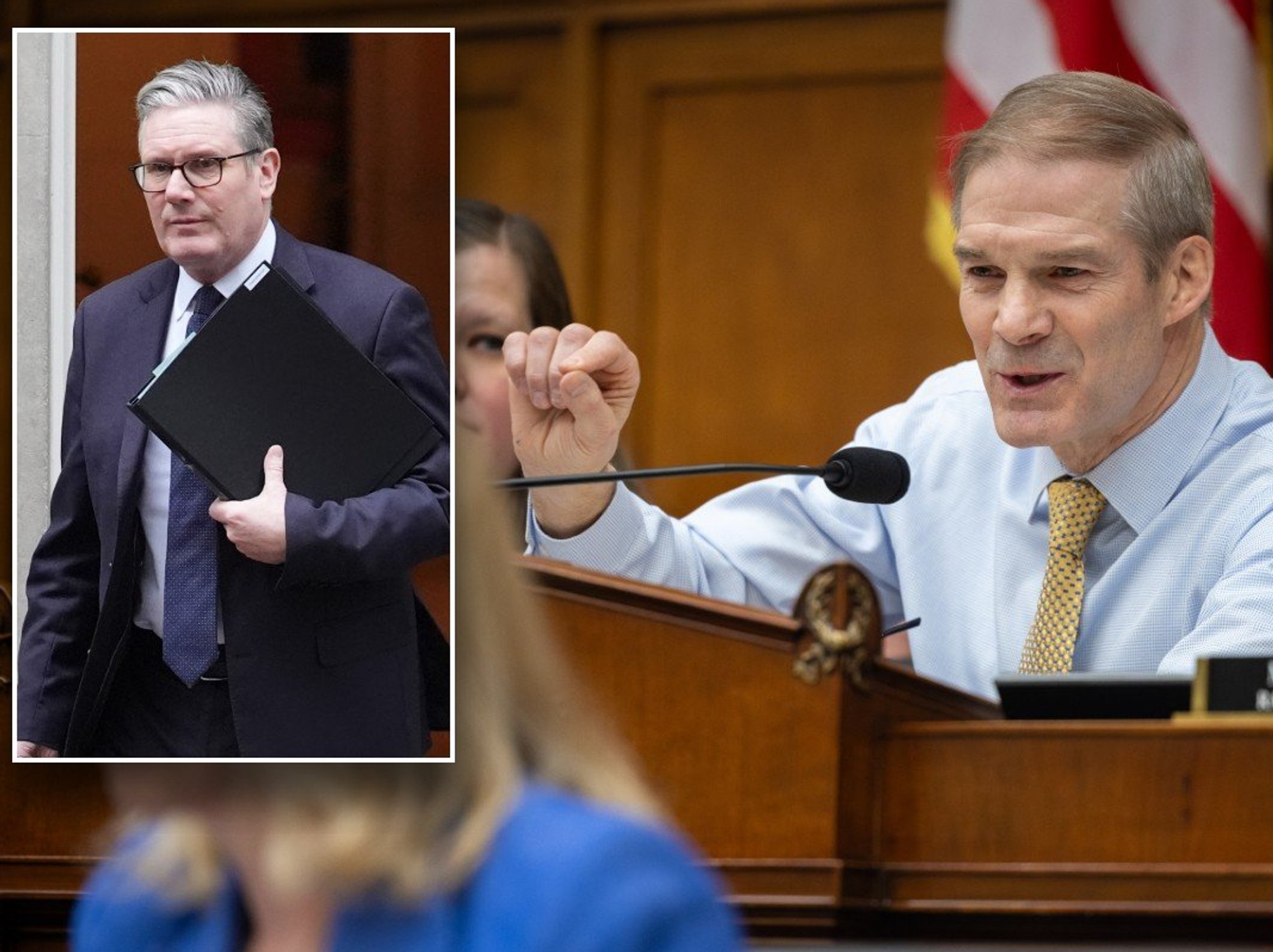DWP slammed over PIP reform as disability experts slapped with 'gagging order'

GB NEWS

PIP is the primary disability benefit administered by the DWP
Don't Miss
Most Read
Latest
The Department for Work and Pensions (DWP) has been accused of silencing disability experts ahead of a review into Personal Independence Payments (PIP).
Members of a Government advisory panel on disability issues must agree to confidentiality terms before participating, prompting outcry from welfare advocates.
The requirement affects those joining the newly established Independent Disability Advisory Panel, which will provide guidance on policy matters including reforms to personal independence payments.
Sir Stephen Timms, the Laboour Government's disability minister, will work alongside 10 disability specialists as he conducts an assessment of PIP, which is the primary disability benefit administered by the DWP.

The DWP is being accused of silencing disability experts
|GETTY / PA
Critics argue the "gagging order" undermines Sir Stephen's stated commitment to "co-production" with disabled individuals and advocacy organisations in reshaping the benefits system.
The Independent Disability Advisory Panel operates separately from the PIP evaluation but will share knowledge and perspectives with the reform process.
Disability Rights UK representative Mikey Erhardt questioned the extent of the panel's impact on the minister's review, describing the confidentiality requirements as a "bad sign" that contradicts principles of open collaboration.
Recipients of PIP have voiced apprehension that welfare system modifications could be developed behind closed doors, despite government assurances of inclusive policymaking.
Do you have a money story you’d like to share? Get in touch by emailing money@gbnews.uk.
 Last year, ministers said spending on PIP and its predecessor, disability living allowance, was set to surge to £28billion a year by 2028-29. | GB NEWS/Centre for Migration Control
Last year, ministers said spending on PIP and its predecessor, disability living allowance, was set to surge to £28billion a year by 2028-29. | GB NEWS/Centre for Migration Control Murray Goulder, a 45-year-old West Sussex resident who experiences numerous epileptic seizures monthly, shared similar apprehensions about the confidentiality agreements.
"I'm very concerned about any NDA relating to disability," he said.
Mr Goulder expressed worry that the agreements might facilitate covert redesign of the PIP framework, potentially creating additional barriers whilst concealing the decision-making process.
Previous reporting has exposed serious flaws in PIP evaluations, with insiders describing the points-based assessments as "rushed and superficial" procedures that can feel like attempts to "catch people out".
Advocacy organisations have urged reforms towards a more supportive approach where assessors dedicate adequate time to gathering comprehensive medical evidence.
MEMBERSHIP:
- EXCLUSIVE: Keir Starmer 'rumbled' 24 hours before state visit as Donald Trump's team handed embarrassing private letter
- What I witnessed at the march was not division but hope — and that terrifies the establishment — Adam Brooks
- Danny Kruger's defection changes the game entirely for Reform UK. This is why - Rakib Ehsan
- Denying my president a speech in Parliament as the British Lion roars is the PM's most costly mistake yet - Lee Cohen
- POLL OF THE DAY: Do you agree with Danny Kruger that the Conservative Party 'is over'? VOTE NOW
Dr Sally Witcher, who served on a disability advisory committee under the previous Labour administration, characterised the confidentiality measures as "heavy handed", warning that they "send alarm bells clanging".
Her experience with government consultation processes lends weight to current concerns about transparency.
The DWP maintains that the advisory panel represents "just one of the ways we're putting the views of disabled people at the heart of our decision making".
Officials argue that discussing confidential or unpublished material necessitates the agreements to "enable meaningful conversations".
LATEST DEVELOPMENTS:
 The UK government's expenditure on benefits has also increased over time, with the largest increase in 2020/21 due to the COVID-19 pandemic | ChatGPT
The UK government's expenditure on benefits has also increased over time, with the largest increase in 2020/21 due to the COVID-19 pandemic | ChatGPT Mr Erhardt countered this justification, asserting: "It is not the way to build trust. You can't do co-production under a veil of silence and secrecy." The tension between governmental procedures and disability advocates' expectations of openness remains unresolved.
A DWP spokesperson said: "We’re bringing together the expertise of deaf and disabled people and those with long-term health conditions to discuss, design, and deliver policy that will transform lives.
"The Panel is just one of the ways we’re putting the views of disabled people at the heart of our decision making.
"To enable meaningful conversations, we may need to share sensitive information or information that is not in the public domain during discussions.”










